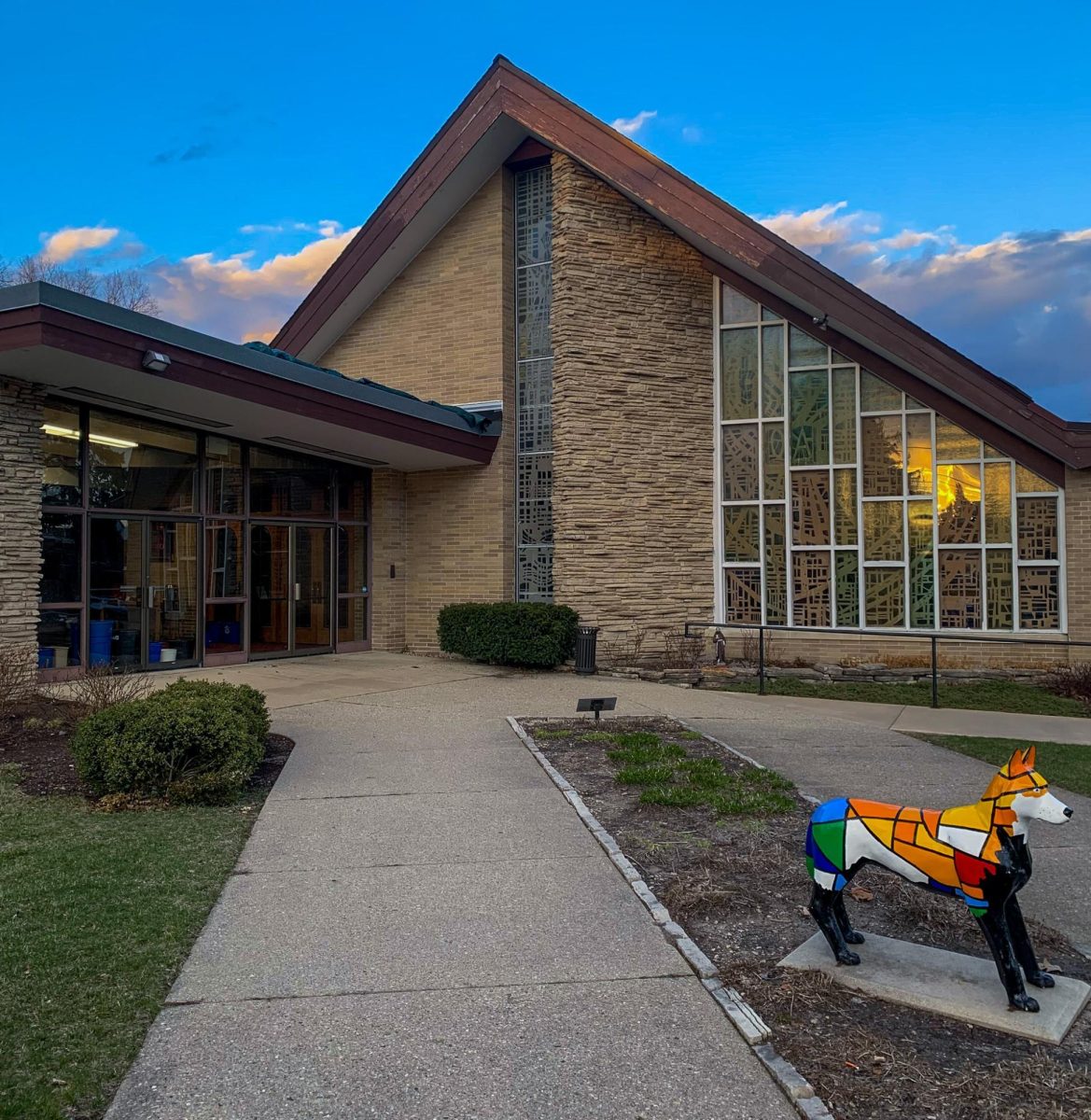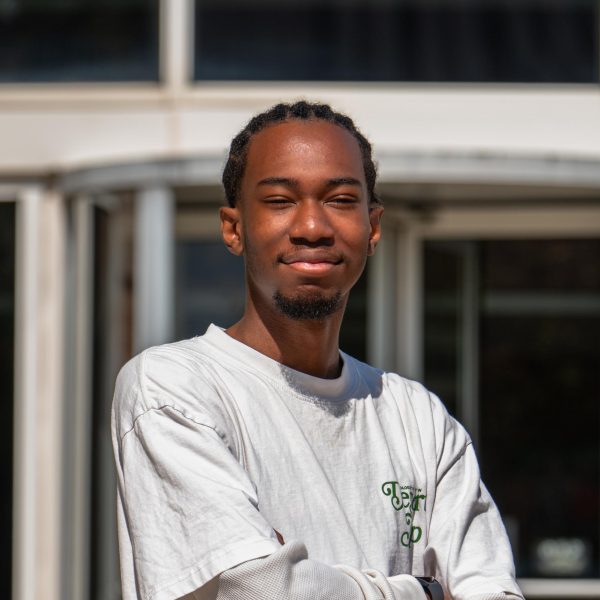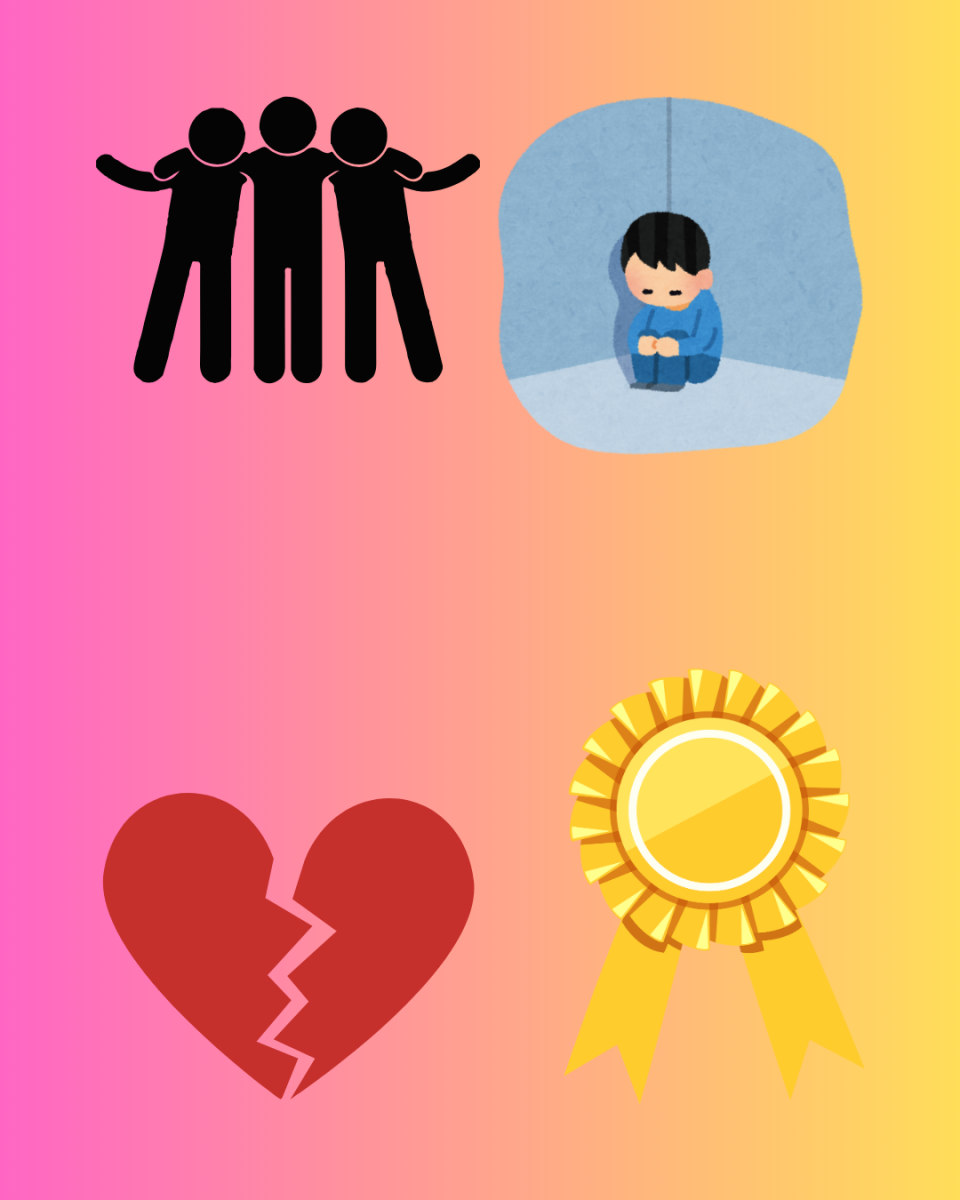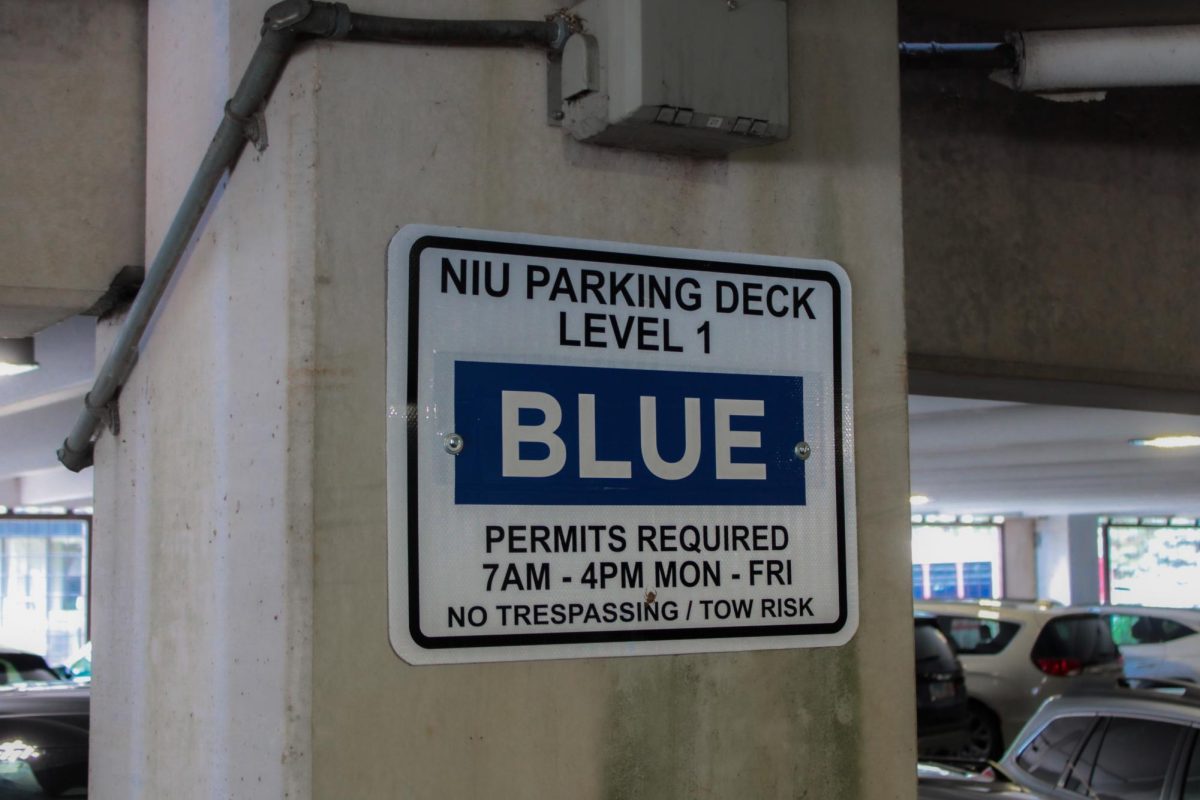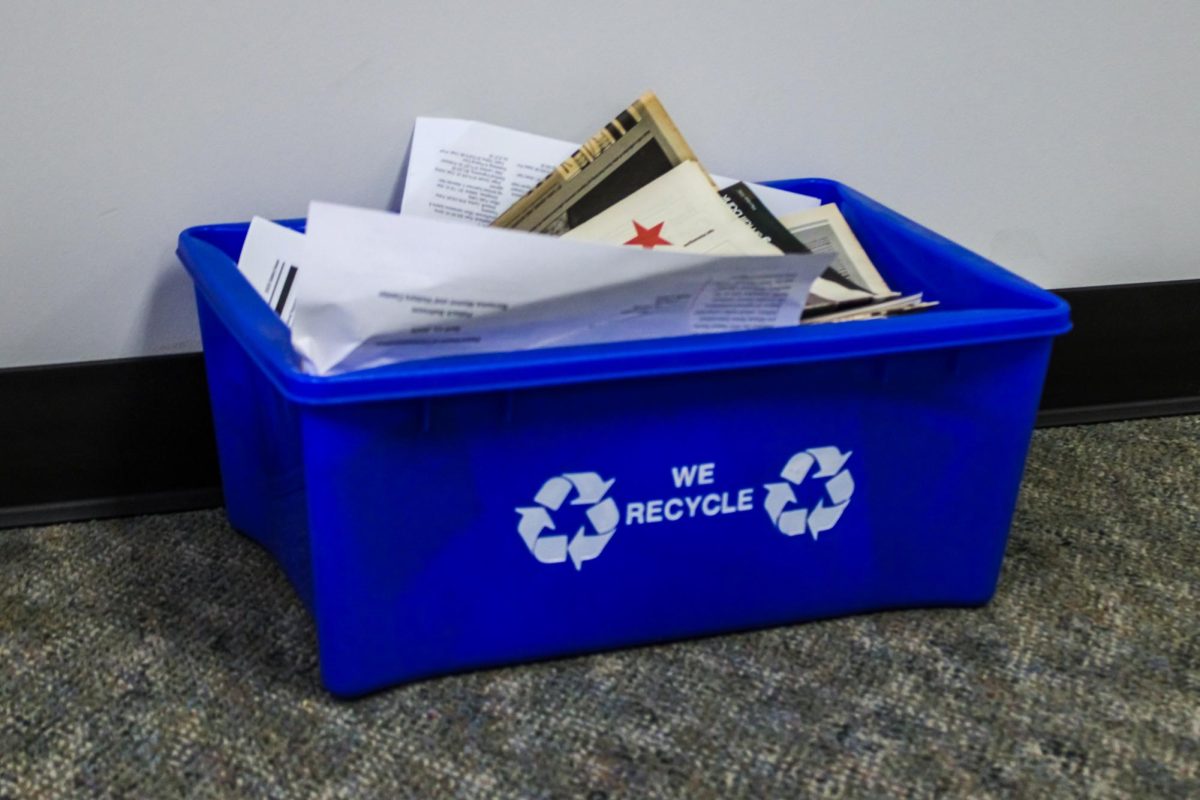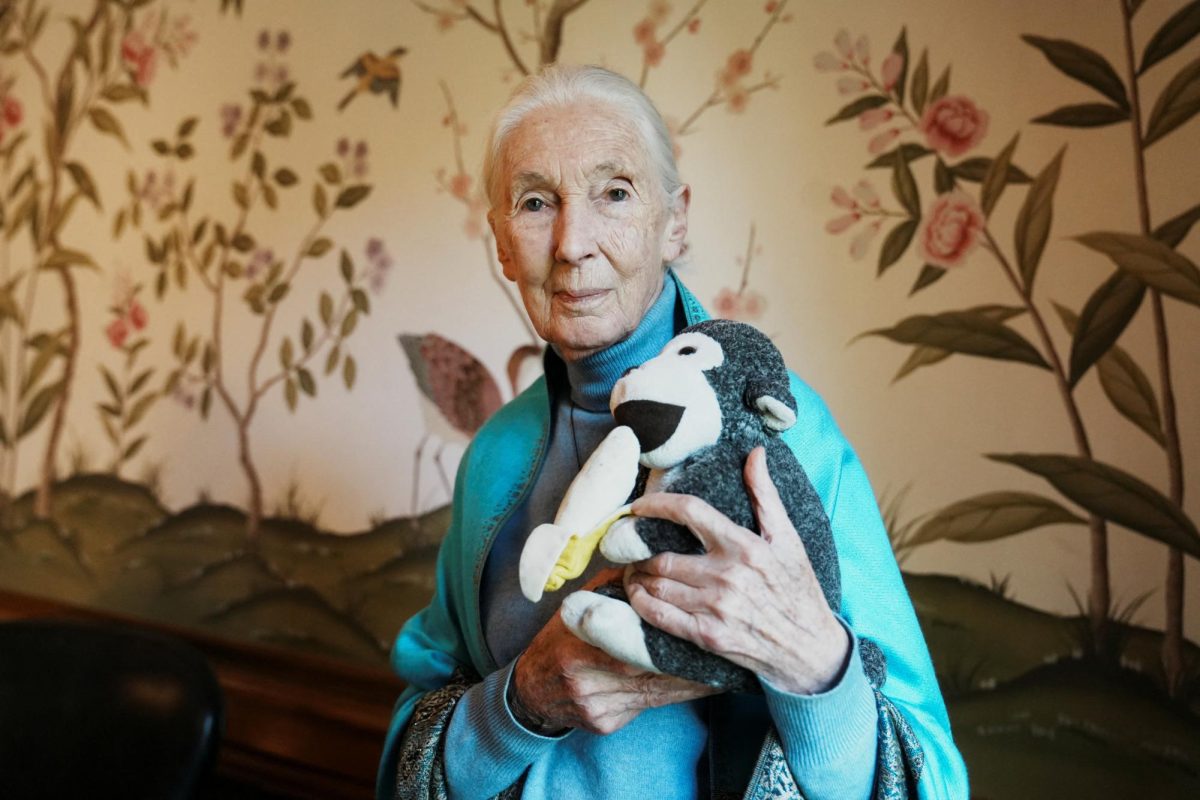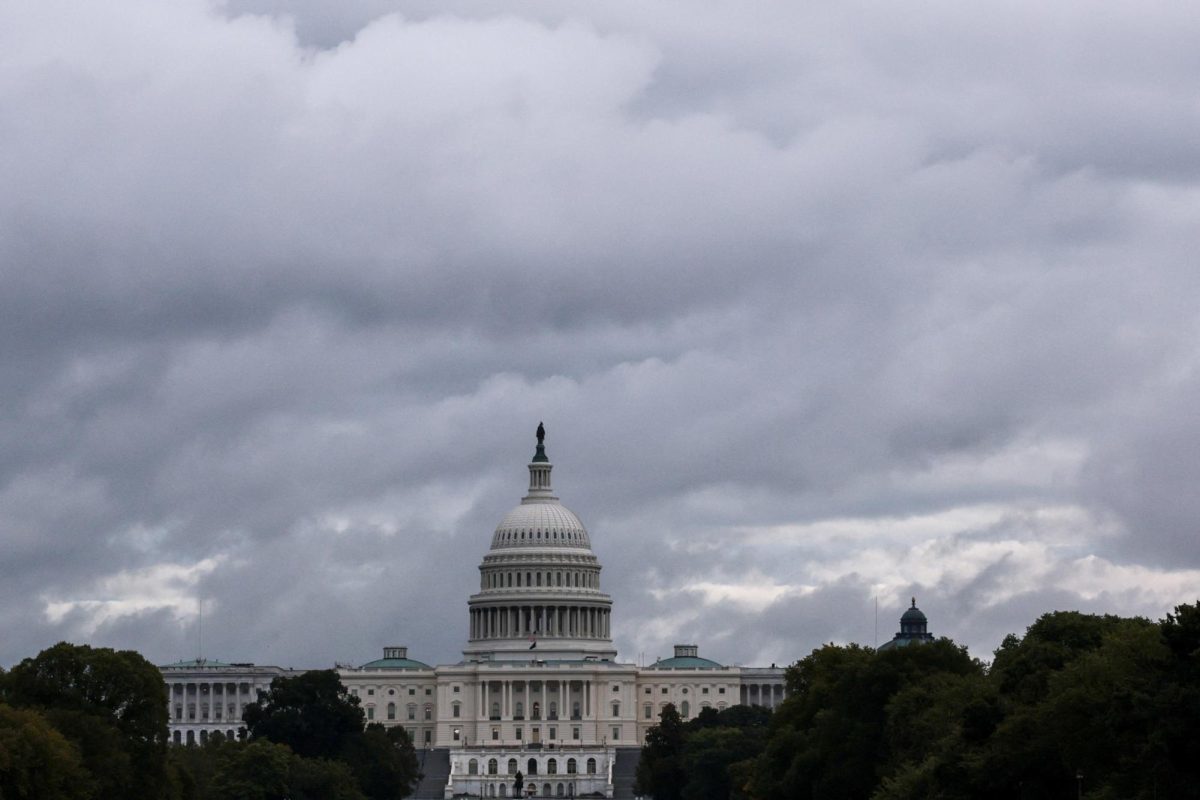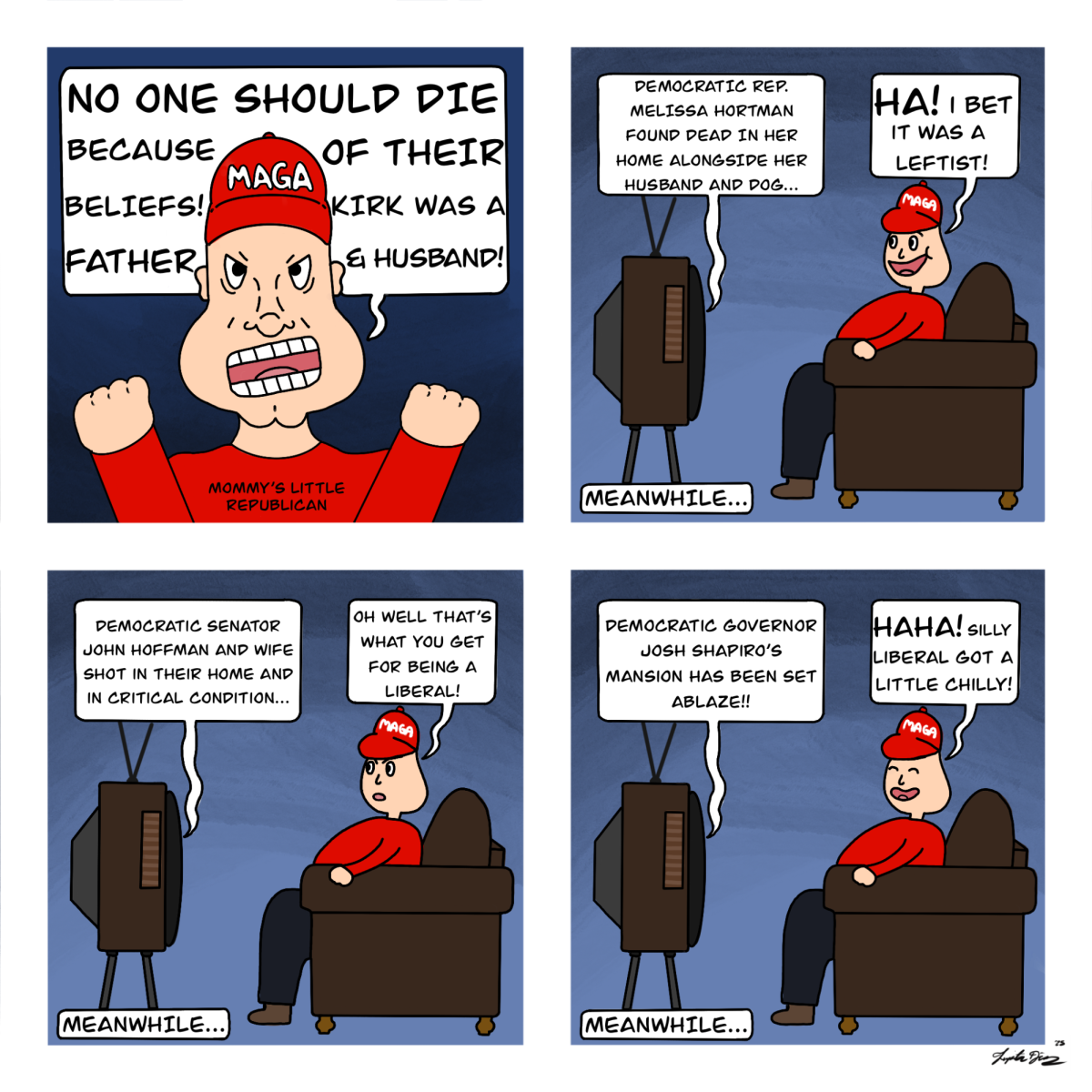When it came to knowing who I am as a person and exploring my identity, the most seesaw part was the belief there is a God out there. In my teen years, my faith was challenged by the way the three Abrahamic religions – Judaism, Islam and Christianity – got their messages across.
Speaking from my own experience growing up Christian, I can empathize with the folks who disregard Christianity as a religion of hate, because the minority of Christians who use religion in a negative way are often the loudest.
Seeing pastors and street preachers condemn people for their sexuality or gender left a sour taste in my mouth. I couldn’t understand how a religion could be so hateful, and it left me questioning my faith.
Over the years, I personally became more confident in religion as I chose to not let those who spread hate in the name of the Lord sully my faith. At the end of the day, those street preachers spewing hate are just people who misconstrue the Bible. They don’t speak for Christianity as a whole.
While I don’t think I am the perfect model Christian, one can realize there is a good way to spread the gospel that doesn’t spread hate and alienate others.
The recent rise in mixing religion and politics is a reason some people have moved away from religion. The rise of conservative Christianity is a blight to Christianity as a whole. It changes the focus from helping your neighbor and living Christ-like to making sure your own political goals are met under the guise of religion, no matter who it hurts.
EmVi Legaspi, a senior music major and member of the Knights of Columbus — a Catholic fraternal organization — believes a problem with the mix of religion and politics is that politicians don’t practice what they preach.
“(President) Donald Trump uses God as some award-ish type, like, ‘Hey, I got a God on my side.’ But he doesn’t practice what he preaches, yeah, that’s what I see in politics. Sometimes they don’t practice what they preach with their religion or faith,” Legaspi said.
That is where a lot of the disconnect between people of faith and non-religious people occurs. People who preach God’s love while also passing laws that take away rights and harm marginalized communities make others view the religion as a whole as harmful.
While spreading the gospel is important, you can’t do that by judging, yelling at or condemning people; it is not our place to do that.
Picketing a pride parade or an abortion clinic won’t turn people into devout believers. It makes Christianity seem bigoted and hateful.
Jesus is not a pawn to be used to score political points. The God I believe in loves all no matter their sexuality, nationality, religion or gender. We are called to love thy neighbor as thyself, and sadly, it’s a verse from the Bible I think many Christians seem to have forgotten.
Christianity can still be seen as a force for good if we only remember that spreading love and not judging people is one of the core tenets of the gospel. Maybe once we realize that, people won’t see Christianity or religion of any kind as something to reject but as something that unites people for the better.


